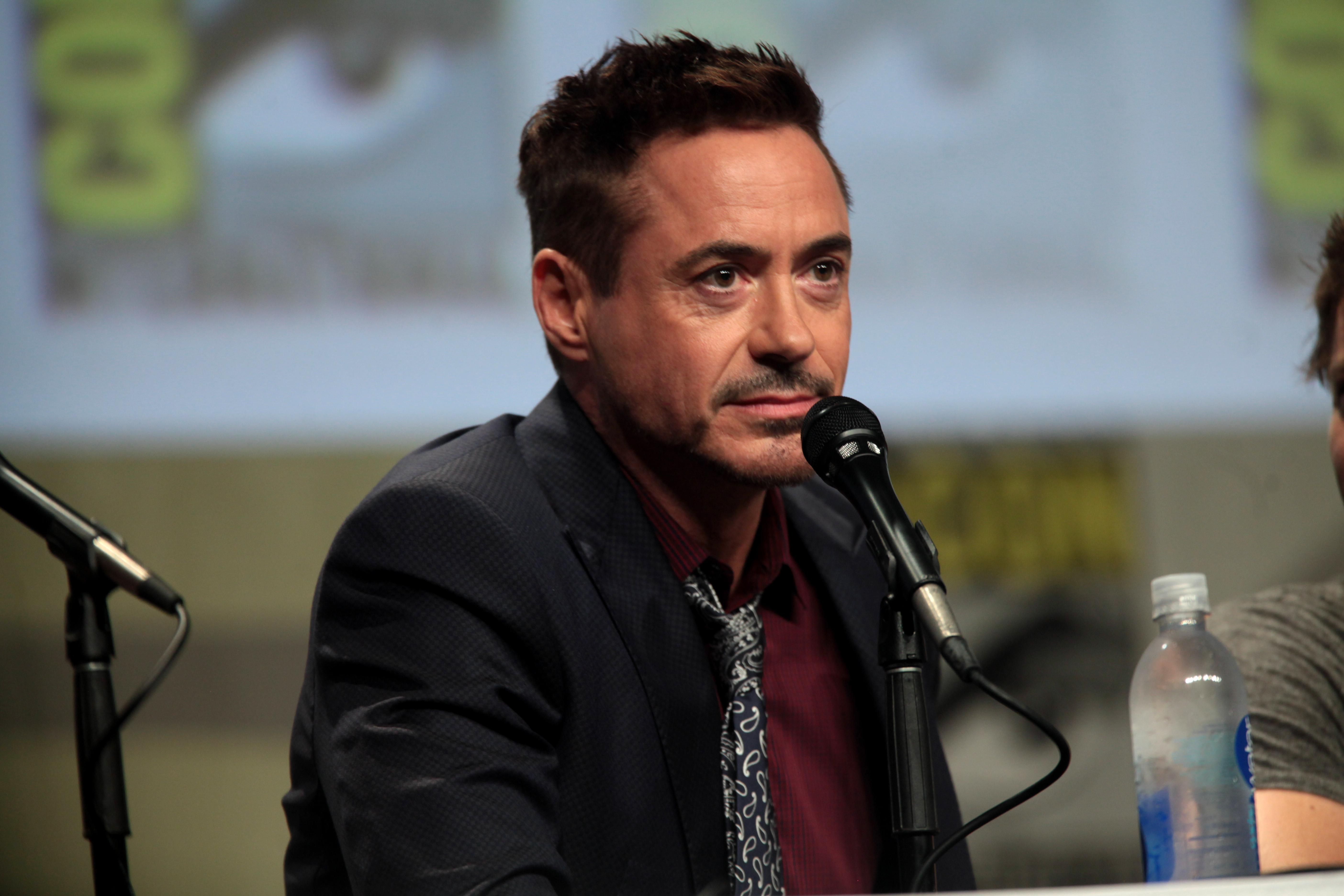Michael Jordan: A Champion's Journey Through Hardship and Success
Michael Jordan is often regarded as the greatest basketball player of all time. His journey from a young boy in Wilmington, North Carolina, to a global sports icon is filled with perseverance, hard work and an unwavering belief in himself. This article tells the inspiring story of Michael Jordan, highlighting the challenges he faced, the milestones he achieved and the legacy he created.
Michael Jeffrey Jordan was born on February 17, 1963, in Brooklyn, New York. When he was a toddler, his family moved to Wilmington, North Carolina. Growing up in a close-knit family, Jordan was the middle child among five siblings. His father, James Jordan Sr., was a strong influence in his life, introducing him to various sports like baseball and basketball.
From a young age, Michael showed promise as an athlete. He played baseball and football but found his true passion in basketball. However, his journey was not without obstacles. In his sophomore year at Emsley A. Laney High School, he tried out for the varsity basketball team but was cut. This rejection devastated him but also ignited a fire within him to improve.
Instead of giving up, Jordan dedicated himself to improving his skills. He woke up early every morning to practice shooting hoops before school. His hard work paid off when he made the varsity team during his junior year. He quickly became a standout player, showcasing his talent and determination on the court.
After high school, Michael received a basketball scholarship to attend the University of North Carolina at Chapel Hill (UNC). During his freshman year in 1982, he made a name for himself by hitting the game-winning shot in the NCAA Championship game against Georgetown. This moment catapulted him into the national spotlight and established him as a rising star in college basketball. Jordan continued to excel at UNC, earning consensus All-American honours in both his sophomore (1983) and junior (1984) seasons. He averaged over 20 points per game and showcased his incredible athleticism and skill. By the time he left college, it was clear that he was destined for greatness.
In 1984, Michael Jordan entered the NBA Draft and was selected as the third overall pick by the Chicago Bulls. His impact on the league was immediate. In his rookie season, he averaged 28.2 points per game and won the NBA Rookie of the Year Award. Jordan quickly became a fan favourite due to his electrifying playing style and competitive spirit. However, in his second season (1985-86), he suffered a broken foot that sidelined him for most of the year. Many doubted whether he would return to form after such a significant injury. However, Jordan worked tirelessly to recover and came back stronger than ever.
In the 1986-87 season, he made history by scoring over 3,000 points—an incredible feat that showcased his scoring ability. He also won his first NBA Most Valuable Player (MVP) award in 1988.
The turning point in Jordan's career came during the 1990-91 season when he led the Bulls to their first NBA Championship by defeating the Los Angeles Lakers in the Finals. Jordan's performance was nothing short of spectacular; he averaged 31.2 points per game in the series and was named Finals MVP.
This victory marked the beginning of an era of dominance for both Jordan and the Bulls. They went on to win three consecutive championships from 1991 to 1993, solidifying their place in NBA history. It was during this time, when Michael earned two more regular-season MVP awards and three additional Finals MVP awards. However, tragedy struck when Jordan's father was murdered in 1993. This loss deeply affected him and led to his first retirement from basketball later that year.
After retiring from basketball, Michael pursued a career in professional baseball—a sport his father had always wanted him to play. He signed with the Chicago White Sox organization and played for their minor league team, the Birmingham Barons. Though he faced challenges adjusting to baseball after years of focusing solely on basketball, Jordan's determination shone through once again. He worked hard during his time with the Barons but ultimately realized that basketball was where his true passion is.
In March 1995, after nearly two years away from basketball, Michael announced his return to the NBA with a simple message: "I'm back." He rejoined the Chicago Bulls wearing jersey number 45 since his iconic number 23 had been retired in honour of his earlier contributions. Jordan's return sparked another wave of success for the Bulls. In the 1995-96 season, they set an NBA record with 72 wins while winning their fourth championship against the Seattle SuperSonics in six games. Once again, Michael was named Finals MVP.
The Bulls continued their dominance by winning three more consecutive championships from 1996 to 1998. During this period, Jordan earned two more regular-season MVP awards and solidified his legacy as one of basketball's all-time greats.
Beyond basketball success, Michael Jordan became a savvy businessman and cultural icon. His partnership with Nike led to the creation of Air Jordan sneakers—an innovative line that revolutionized sports marketing and sneaker culture. The Air Jordan brand became immensely popular among fans and collectors alike; it generated billions of dollars in revenue for Nike over the years. In fact, it is estimated that Air Jordans bring in around $1 billion annually today.
"I can accept failure, everyone fails at something. But I can't accept not trying." - Michael Jordan, American Athlete
Jordan's endorsement deals extended beyond Nike; he partnered with major brands like Gatorade, Coca-Cola, McDonald's and Hanes—making him one of the most marketed athletes globally. In addition to business ventures, Michael has been actively involved in philanthropy throughout his life. He has donated millions to various causes related to education and community development.
After retiring from professional basketball for a second time in 2003 while playing for the Washington Wizards—where he spent two seasons—Jordan transitioned into ownership roles within basketball organizations. In 2010, he became part-owner of the Charlotte Bobcats (now Charlotte Hornets), making history as one of only a few former players to own an NBA team. Michael Jordan’s influence extends far beyond basketball; he has become a source of inspiration for numerous individuals around the world through his resilience and determination against adversity.
Michael Jordan's story is rich with lessons about perseverance and self-belief. From being cut from his high school team to facing injuries throughout his career—Jordan's ability to rise above challenges is truly remarkable. His dedication during countless hours of practice shaped him into one of history's greatest athletes.
Even after experiencing significant losses—both personally and professionally—Jordan always found ways to bounce back stronger than before. Whether it's basketball or business ventures—following your dreams can lead you down extraordinary paths. His philanthropic efforts demonstrate how athletes can use their platform for positive change within society.
Michael Jordan's story teaches us that success is not merely about talent but also about hard work, resilience and determination. Through triumphs and tragedies alike—Jordan has shown us what it means to chase our dreams relentlessly while never losing sight of our values along the way. As we reflect on Michael’s life story today—it serves as a powerful reminder that greatness can be achieved through dedication combined with an unwavering belief in oneself!
Did you find Michael Jordan's story inspiring? We'd love to hear your thoughts! Please like this article if you enjoyed it, share it with friends who might need some motivation and leave a comment below sharing your favourite lesson from MJ's incredible journey. Your engagement helps us create more content like this and spread these valuable life lessons to a wider audience. Together, let's keep the spirit of determination and excellence alive!












